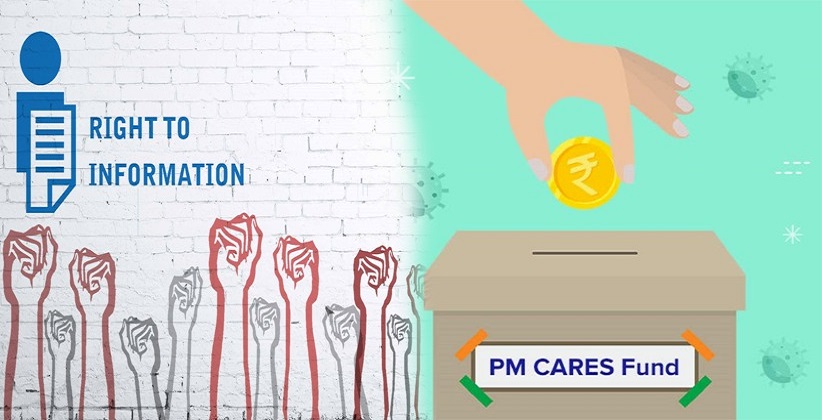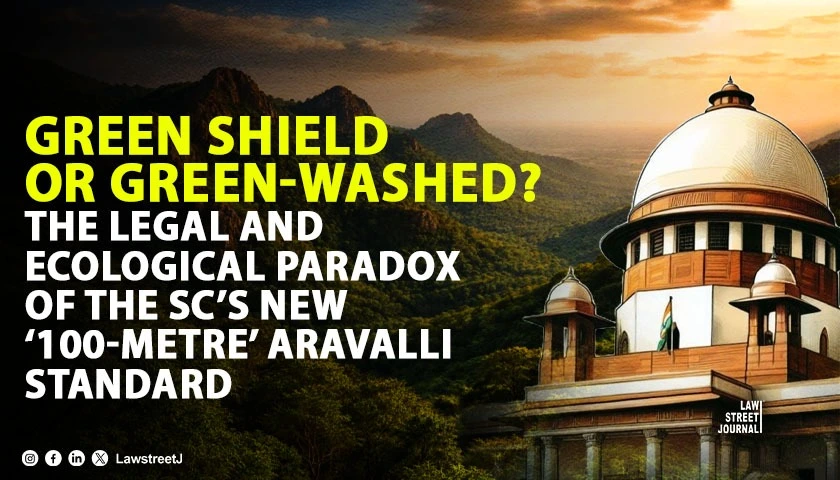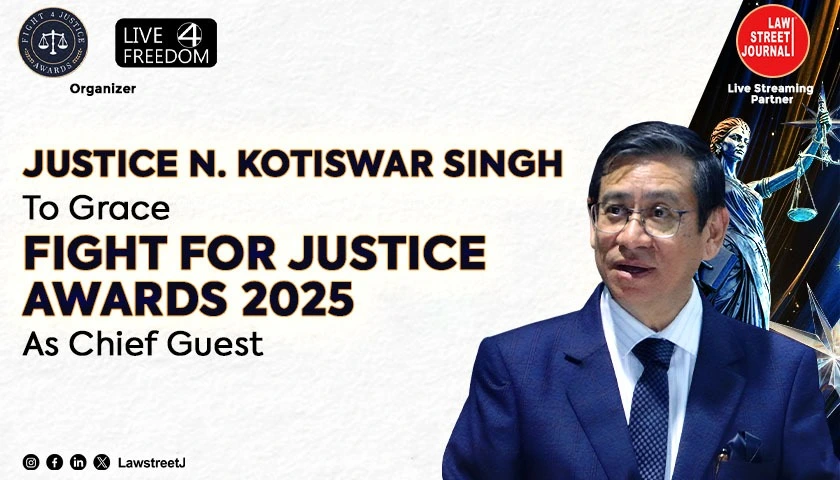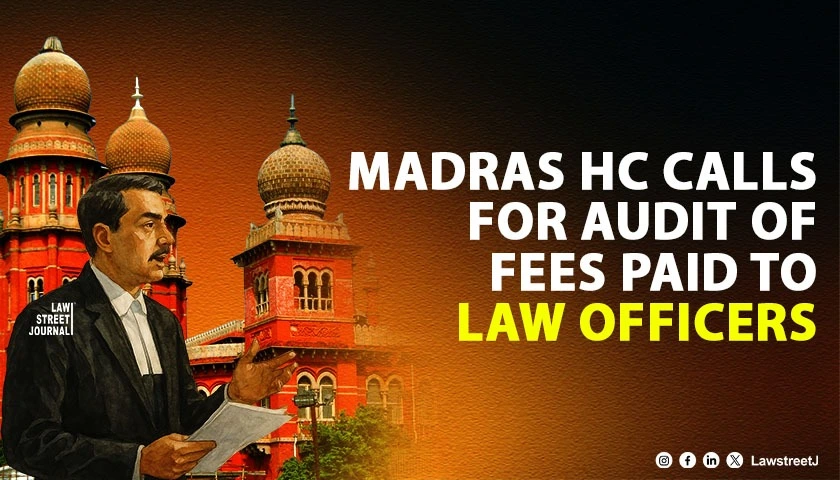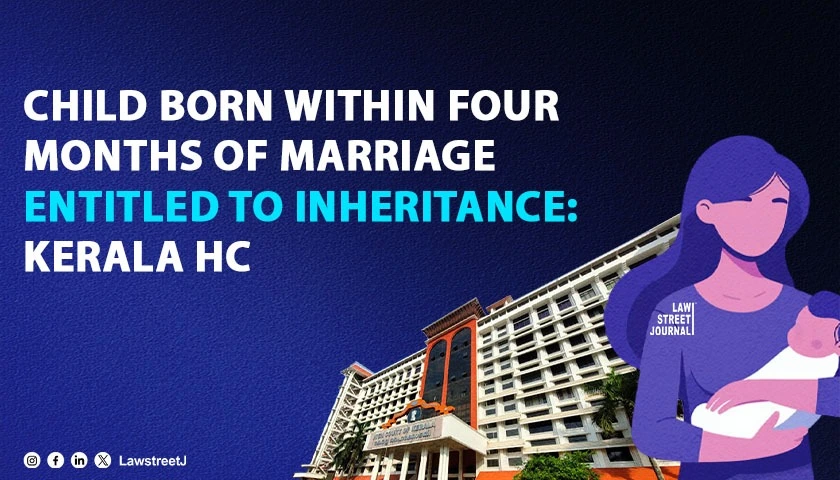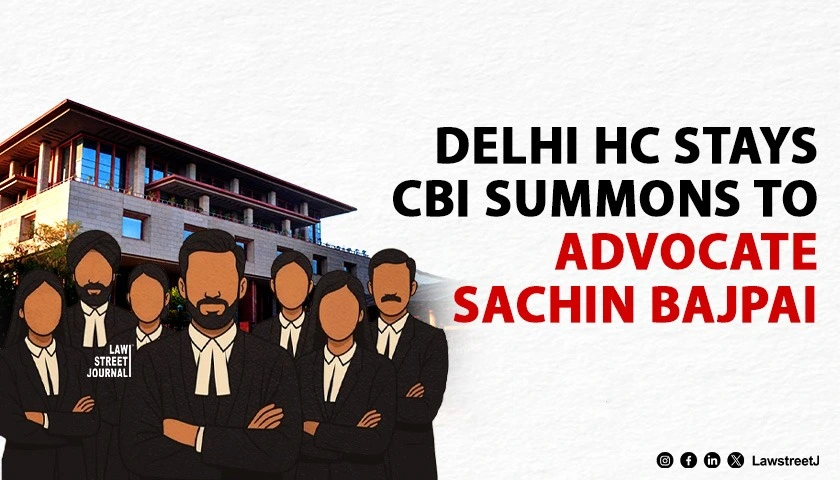On May 26, RTI (Right to information) activist Commodore Lokesh Batra (retired) filed an RTI application seeking details of the total number of RTI applications received by the PMO since April 2020 and the RTI applications disposed of. On not getting a response to his query, Batra sent a reminder to the deputy secretary and first appellate authority in the PMO on July 16, stating that though 52 days have passed, he has still not received any reply to his query.
Finally, on August 14, the prime ministers office responded with the overall data but refused to divulge information specific to the two funds. It denied giving information to Right to Information activist, saying it would disproportionately divert the resources.
PM Cares an acronym for Prime Ministers Citizen Assistance and Relief in Emergency Situations was set up in March with the stated objective of being a dedicated national fund to deal with any kind of emergency or distress situation. Narendra Modi is the funds chairperson and senior Cabinet members serve as trustees. Opposition parties have questioned the need to create the reserve when Prime Ministers National Relief Fund is already in existence. They have also expressed doubts about the funds transparency.
In the past, an over-guarded PMO has warded off all attempts to garner information about the PM-CARES Fund, which was set up to meet the challenges arising out of the COVID-19 crisis and attracted donations running into thousands of crores. In May, PMO stated that the fund is not a public authority under Section 2(h) of the Right to Information Act, 2005, and therefore it wont be able to divulge information sought in the application.
This time, when noted RTI activist Commodore Lokesh Batra (retired) approached the PMO with a query on RTI applications filed with respect to the PM-CARES Fund as well as the PM National Relief Fund, the respondent took refuge behind Section 7(9) of the RTI Act which states An information shall ordinarily be provided in the form in which it is sought unless it would disproportionately divert the resources of the public authority or would be detrimental to the safety or preservation of the record in question.
Lokesh Batra, however, contended that there are several orders of the Central Information Commission (CIC) and the High Court which state that Section 7(9) of the RTI Act does not provide grounds for denial of information.
He cited a Central Information Commission (CIC) decision of January 12, 2010, as stating, As for information having been denied since it is voluminous, the Commission holds that Section 7(9) of the Act does not allow denial of information but denial of providing the same in the form in which it has been sought in the event this leads to disproportionate diversion of resources of the Public Authority
Indias first Chief Information Commissioner Wajahat Habibullah has called it a clear misuse of the act and should attract penalties under the law. There is no ambiguity. This is a misuse of the clause by CPIOs. It is up to the information commissions to levy penalties as this would amount to misinformation provided under the Act. In my time, it was the initial phase when people were still learning about the Act, so we were lenient with regard to penalties on this issue. However, it is now well established and there is no excuse for such misuse, said Habibullah.
The judiciary has also provided very lucid judgments in the matter which clearly lay down that information cannot be denied citing Section 7(9) of the RTI Act, the way the PMO did.
The Kerala high court had ruled on August 30, 2010, The Section does not even confer any discretion on a public authority to withhold information, let alone any exemption from disclosure, in fact, there is no provision in the Act to deny information on the ground that the supply of the information would disproportionately divert the resources of the public.

